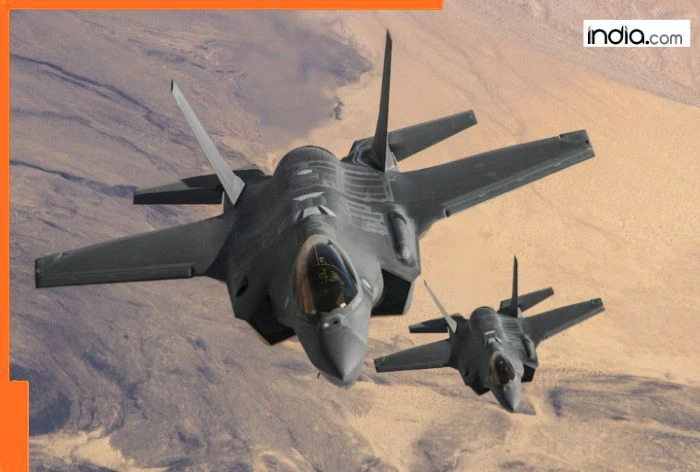In a major setback for US President Donald Trump, especially his plan to pummel the US’ European allies into submission with high import tariffs, Spain, a prominent NATO member, has scrapped plans to purchase US-made F-35 stealth fighter jets from US arms maker Lockheed Martin.
Why Spain junked US’ F-35 deal?
According to a report by El Pais, a leading Spanish daily, Spain had allocated $7.24 billion in its 2023 defense budget for purchasing advanced fighter aircraft, and it was believed that the NATO member would likely acquire F-35 from the United States. However, Spain has reportedly canceled the F-35 deal, and instead plans to spend an additional 10.5 billion euros on European defense equipment.
The primary reason behind Spain’s decision to snub the US is rooted in Trump’s tariff threats to NATO allies to increase their defense spending or face additional trade penalties. Earlier, this year, Spain’s socialist Prime Minister Pedro Sanchez had agreed to meet NATO’s 2% GDP target by increasing defense spending, but during the NATO summit in June, Sanchez declined to increase the spending 5%.
The Spanish PM’s bold stance angered Donald Trump, who threatened to impose heavy tariffs and additional duties on its imports if Madrid did not agree to his terms.
How Spain’s move affects the US?
According to experts, Spain’s decision is major setback for the US as well as F-35 maker Lockheed Martin, as the F-35 program is already facing heavy criticism due to high costs and technical flaws. Recently, a F-35 fighter jet crashed in the US, while a British Navy’s F-35B remained stranded at an Indian airport for over a month.
In another development, Turkey, already considered a drone manufacturing powerhouse, is now posing a challenge to US-made stealth fighter jets, including the F-35 Lightning II, with its indigenous Kaan fighter jet, which is being viewed by many countries as a pocket-friendly, and more accessible to US fighter planes, that come loaded with preconditions, apart from the hefty price tag.
Spain’s Defense Ministry and Lockheed Martin have not commented on the matter.
